Dir: John Singleton. US. 2003. 108 mins.
With R&B star Tyrese ably substituting for Vin Diesel and John Singleton taking over the directorial steering wheel, the big-budget sequel to surprise summer 2001 hit The Fast And The Furious is more conventional than its neo-B movie predecessor - but also more broadly entertaining. A young male-dominated multi-ethnic crowd will again form the core audience, but 2 Fast 2 Furious might be able to surpass the original's $145m domestic gross by pulling in more black moviegoers and a slightly wider overall demographic. Some improvement should also be possible on the original's $62m international take: the distinctly American car culture theme is less prominent this time round and the sequel has elements that may give it an extra boost in markets like Japan (such as teen model and actress Aoki) and Latin America (the film's Miami setting).
Brian O'Connor (played again by Walker), the undercover cop who lost his badge at the end of the first film, has now moved from LA to Miami, where he gets by on the cash he wins street racing. Press-ganged by the FBI into investigating shady local businessman Verone (Hauser, from Tigerland), Brian picks an estranged friend, ex-con Roman (Tyrese), as his sidekick. The uneasy partners, aided by undercover agent Monica (Mendes, from Training Day) and street racing impresario Tej (rapper Ludacris), set out to nail Verone and thereby clear their own reputations.
Made on a budget more than twice the original's $40m, 2 Fast 2 Furious puts most of its money into a handful of effects-enhanced race and chase sequences, utilising a huge fleet of souped-up neon-coloured street cars. The action and stunt sequences are certainly flashier than they were in the first film - a couple of aerial jumps are sure-fire crowd pleasers - but not always as intense.
Like the original, the sequel offers plenty of attractions for both sexes (but no actual sex, thanks to the PG-13 US rating). Tyrese flashes his abs and Mendes and Aoki appear in skimpy outfits. The Miami area locations make for a more summery mood than did the grimy LA streets of the original, but the film shows curiously little interest in exploring the city's Latino youth culture. Pumping, if not especially distinctive hip-hop dominates the soundtrack.
What is most noticeably missing from the sequel is the gritty feel of the original and the novelty that the street-racing milieu (inspired by a magazine article about real LA street racers) had when it was first introduced. While the first film seethed with testosterone-fuelled male aggression, the mood here is lighter, the action being leavened with some reasonably effective comic moments (some are nicely handled by Ludacris in his first significant movie role).
Tyrese, the singer/model who made his movie debut in Singleton's Baby Boy, turns out to be one of the sequel's major assets (as he needed to be after Diesel passed on a reprise of his breakthrough role). Brooding at first, he later turns his character into an appealingly energetic rogue who teams well with Walker's Brian, the only major returning character from the first film. Together, they come across as a kind of bi-racial Starsky and Hutch.
Prod co: Universal Pictures
US dist: Universal
Int'l dist: UIP
Exec prods: Lee R Mayes, Michael Fottrell
Prod: Neal H Moritz
Scr: Michael Brandt, Derek Haas
Cinematography: Matthew F Leonetti
Prod des: Keith Brian Burns
Eds: Bruce Cannon, Dallas Puett
Music: David Arnold
Main cast: Paul Walker, Tyrese, Eva Mendes, Cole Hauser, Chris 'Ludacris' Bridges, James Remar, Devon Aoki






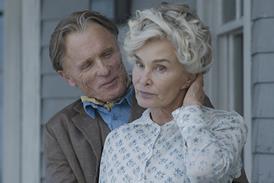
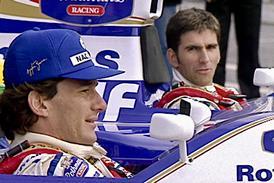




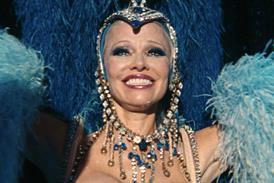

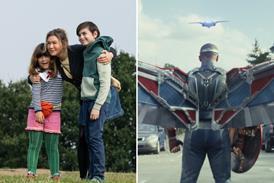

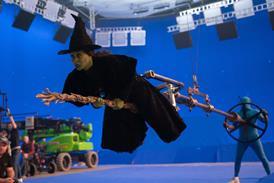


No comments yet